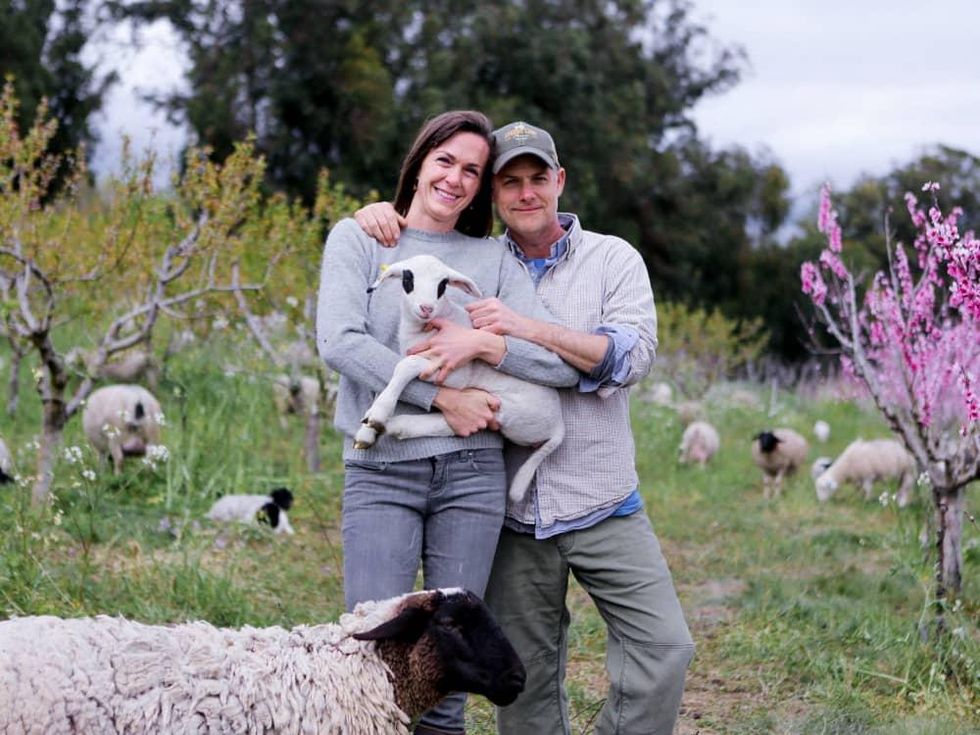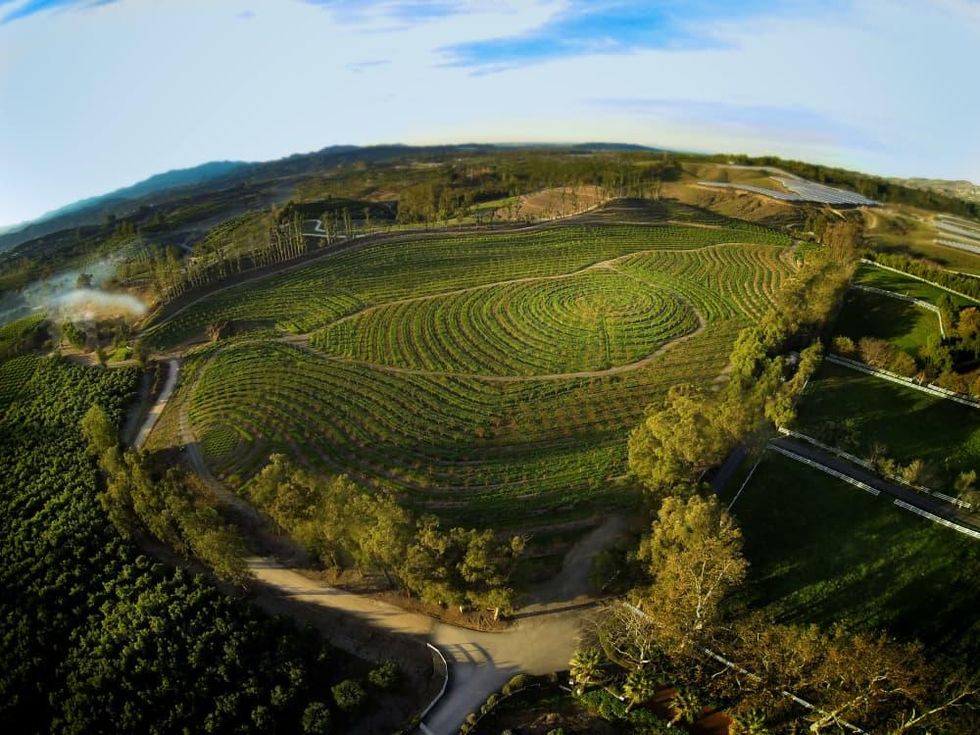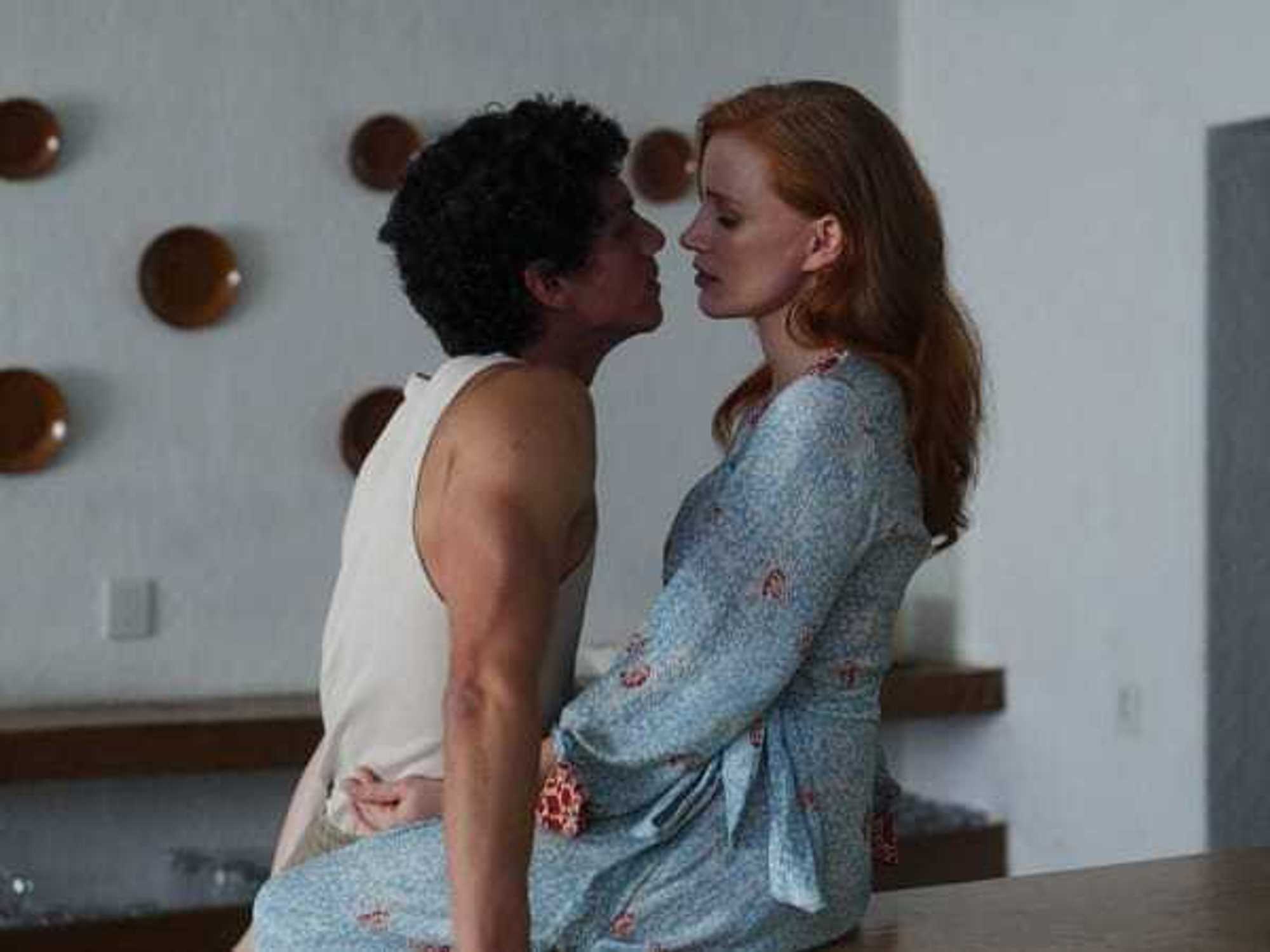Movie Review
The Biggest Little Farm shows couple's quest toward bioharmony
For most Americans, the idea of being a farmer is a daunting one. Most of us wouldn’t have the foggiest idea of where to start, and even if we did, the never-ending obstacles toward being successful would seem insurmountable.
But John and Molly Chester aren’t most people. John, a nature documentarian, and Molly, a food vlogger, had big dreams of owning their own organic farm, but not the means to do so. Somehow, they were able to convince the right investors to seed their project, and they purchased a rundown and parched 200-acre farm north of Los Angeles in 2010.
The Biggest Little Farm, directed by John Chester, chronicles the ups and downs the couple experienced as they attempted to bring their land back to life. Faced with soil that seemed inhospitable to any type of growth, they turned to Alan York, a veteran organic farmer, for help. His ambitious plan called for them to go way beyond what they had expected, turning the farm into an ideal paradise for food and creatures of all kind.
Using his skills as a documentary filmmaker, John details the intricacies of this specific type of farming while never shying away from the joys and frustrations it can bring. That turns the film into a fantastic combination of a great nature documentary and heartfelt family movie.
We get to know John, Molly, and Alan intimately, but the film is also a showcase for the myriad animals on the farm. The Chesters’ dog, Todd, was partially the impetus for them purchasing the farm, and John returns to the dog’s soulful blue eyes repeatedly in order to emphasize certain points. A sow named Emma, her rooster companion Greasy, an orphan lamb, menacing coyotes, and the plethora of chickens and ducks all become emotional plot points thanks to the deft storytelling and cinematography.
Even though the film includes the difficulties of maintaining a biodynamic farm, in which they try to let all creatures — even wild ones — live in harmony, it can’t help but yada-yada a lot of in-between steps for the sake of brevity. But when a movie is chronicling events taking place over the course at least seven years, the filmmakers can be forgiven for not getting down in the weeds of everything.
Still, it’s clear that the Chesters and their employees put in the back-breaking work day after day to make the farm a success, making their journey an amazing and inspiring one. They make a compelling case that, given the right resources and enough work ethic, a dream such as theirs is achievable by others.
By the end of the film, the story of the Chesters and their farm — Apricot Lane Farms in Moorpark, California — has brought forth a bevy of smiles and tears, and a strong desire to book a trip to visit their small slice of heaven.




